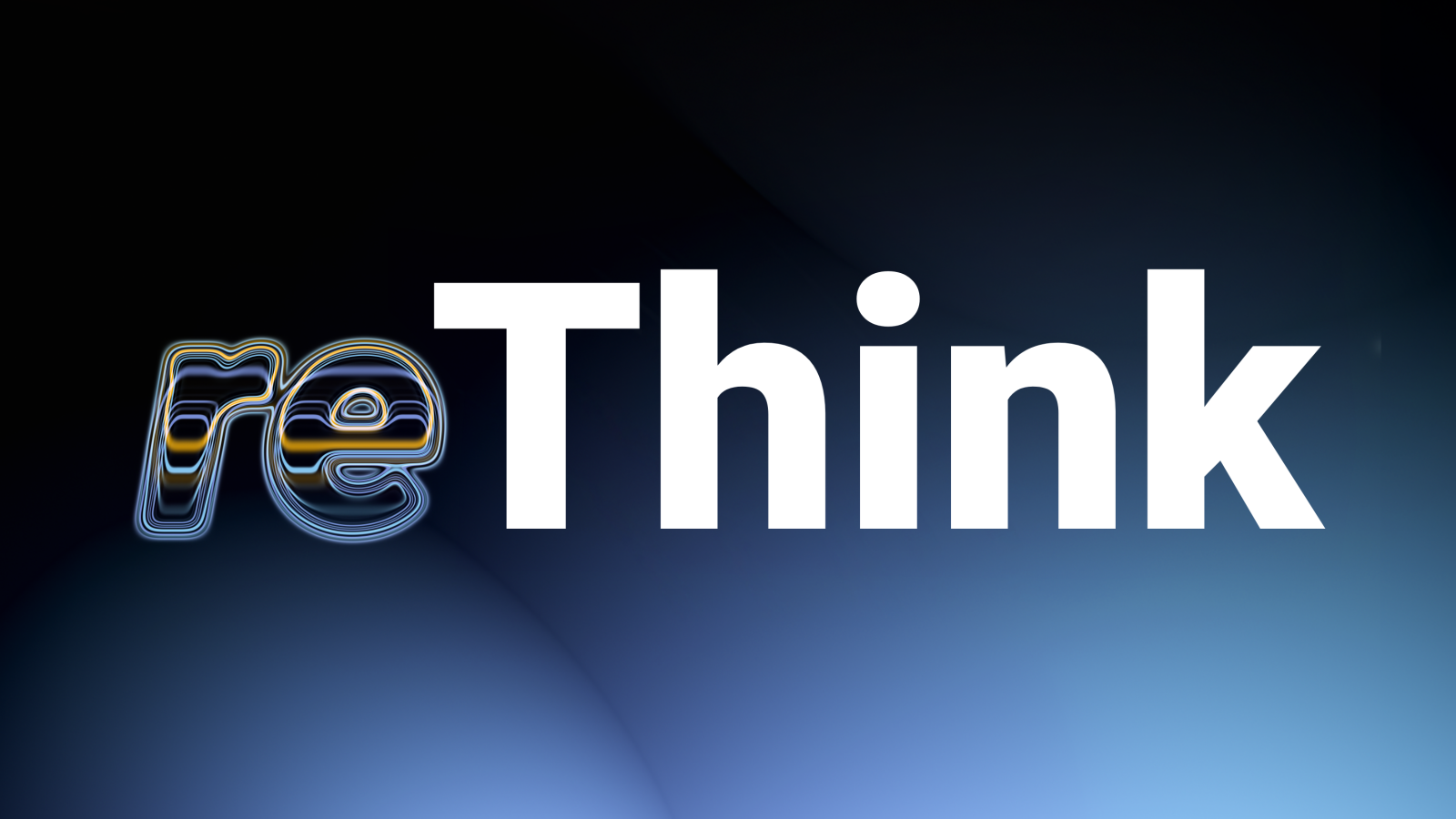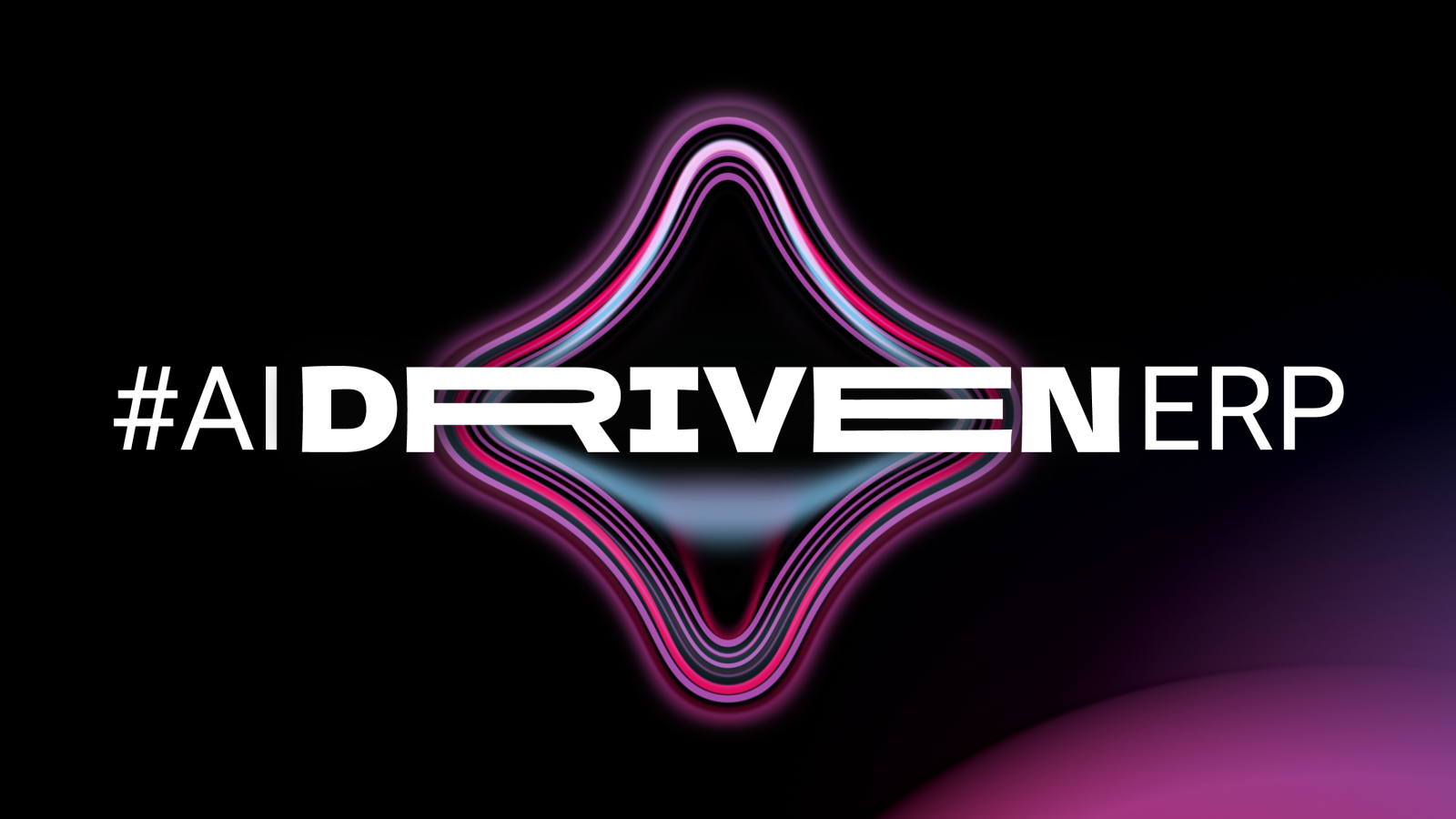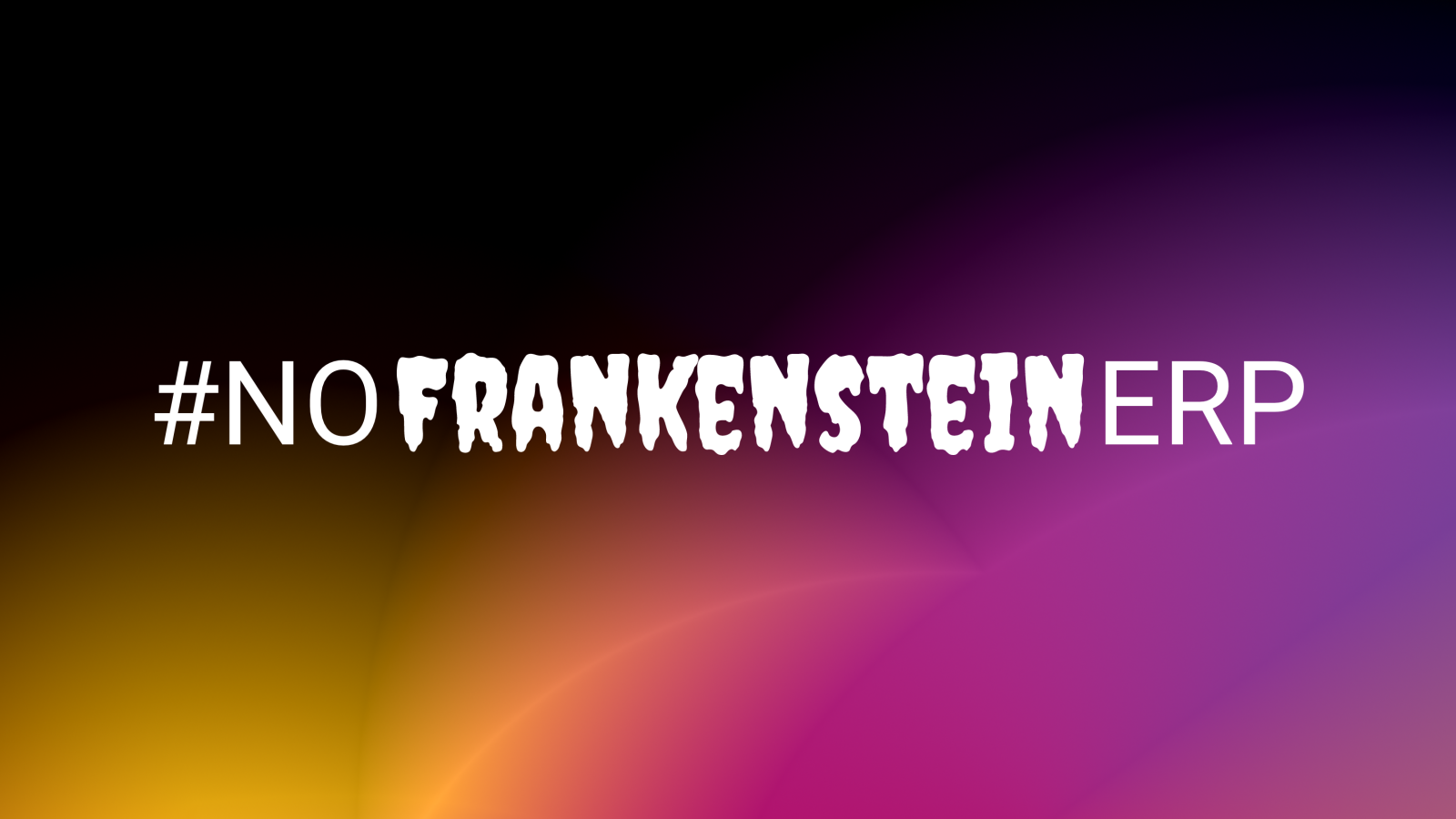Why ERP Needs a Radical Rethink
My Vision for a People-Centric, AI-Powered Future
When I started this journey to rethink ERP, it wasn’t just about building software. It was about addressing a much deeper frustration I’ve seen across industries: the disconnect between enterprise systems and the people who rely on them daily. Traditional ERP systems, the backbone of businesses for decades, have become relics of a bygone era. They’re rigid, complex, and increasingly out of sync with how we work today.
The workplace has evolved dramatically. We live in a world of remote work, cross-functional teams, and real-time decision-making. Yet, the systems designed to support these dynamics feel more like hurdles than enablers. That’s where NEWWORK Software comes in, and I want to share why I believe the time for a radical shift in ERP is now.
The Problem with Legacy ERP: A System Stuck in the Past
Traditional ERP systems were built for a different era—a time when businesses operated in predictable, siloed structures. They were designed to process transactions, not empower collaboration. While these systems served their purpose in stabilizing operations, they’ve become a drag on agility and innovation.
What’s worse, they often isolate teams instead of connecting them. Have you ever experienced the frustration of chasing down data across multiple departments or systems? I have, and I’ve seen how these silos stifle creativity and efficiency. In today’s fast-paced world, businesses need systems that break down barriers, not reinforce them.
Why ERP Needs a Rethink: It’s Not Just About Technology
This isn’t just about adding AI or moving to the cloud—although both are critical. It’s about rethinking ERP from the ground up with a simple question in mind: How can we make enterprise software work for people, not the other way around?
I believe that the answer lies in a People-Centric approach to ERP. This means putting the user at the heart of every decision, from design to deployment. It’s about building systems that feel intuitive, foster collaboration, and adapt to the dynamic needs of modern businesses.
When we set out to create NEWWORK, we weren’t trying to add incremental improvements to existing systems. We wanted to revolutionize how enterprise software works, starting with the people who use it every day.
The NEWWORK Vision: AI ERP
At NEWWORK, we’re not just building another ERP; we’re building a new way of working. Our platform integrates AI at its core—not as a bolt-on feature, but as an intrinsic part of the system. This allows businesses to gain real-time insights, automate repetitive tasks, and focus on what truly matters: their people and their goals.
We designed NEWWORK to eliminate silos and enable seamless collaboration. With our FLOW-based user experience, every process feels connected and effortless, empowering users to navigate complex workflows with ease. It’s a system that learns and evolves alongside your business, providing the agility you need to stay ahead.
Why It’s Personal
This vision is personal to me because I’ve seen the struggles firsthand. I’ve worked with teams bogged down by outdated systems and leaders frustrated by the limitations of their tools. I’ve experienced the disconnect between what a business needs and what its software delivers. I know we can do better.
That’s why I’m committed to creating a platform that not only solves today’s challenges but also anticipates the needs of tomorrow. NEWWORK Software isn’t just about technology—it’s about redefining how we work, collaborate, and grow together.
The Future of ERP Starts Now
The time for change is now. Businesses are under more pressure than ever to innovate, stay competitive, and adapt to rapid change. To do that, we need systems that are as dynamic and forward-thinking as the people who use them.
With NEWWORK Software, I believe we can build a future where ERP is no longer a burden but a catalyst for innovation and growth. A future where enterprise software doesn’t just support work—it inspires it.
I’d love to hear your thoughts. What frustrations have you faced with legacy systems? What would you change if you could? Let’s start a conversation about the future of ERP—and how we can shape it together.
Dr. Jens Krüger
CEO NEWWORK Software





